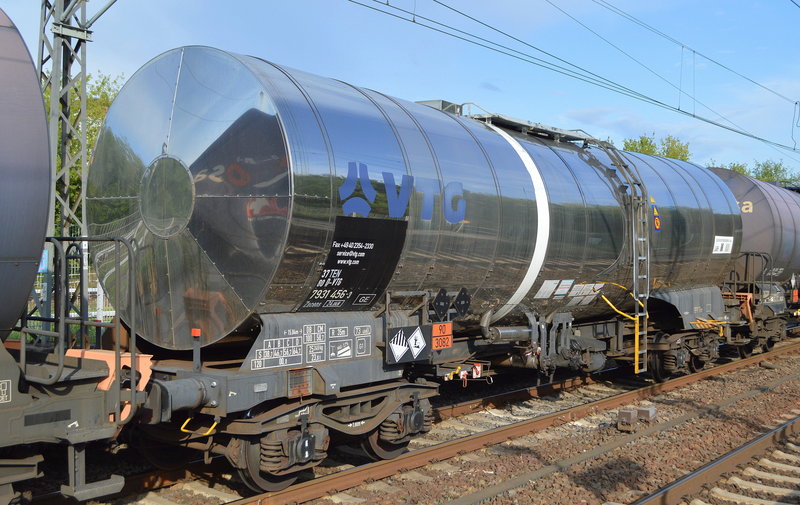
Introduction
The United Nations (UN) stands as a pivotal institution in fostering international peace, security, and cooperation among countries. Established in 1945, the UN was designed to prevent future conflicts and to promote collaborative governance on a global scale. In a rapidly evolving geopolitical landscape, the relevance of the UN is more pronounced than ever, as it addresses complex global challenges such as climate change, humanitarian crises, and health emergencies like the COVID-19 pandemic.
Current Relevance of the UN
Recent events underscore the critical role of the UN in global affairs. For instance, the ongoing conflict in Ukraine has highlighted the UN’s challenges in enforcing international law and protecting human rights. The UN Security Council, responsible for maintaining peace, has been criticized for its inability to reach a consensus on resolutions regarding the situation. Nevertheless, UN agencies like the United Nations High Commissioner for Refugees (UNHCR) have provided vital humanitarian assistance to millions affected by the conflict.
Moreover, the UN plays a key role in addressing climate change, a pressing issue that affects every nation. The UN Framework Convention on Climate Change (UNFCCC) has been instrumental in facilitating international agreements, such as the Paris Agreement, aiming to limit global temperature rise. Recent COP meetings have seen an expanded push towards collective, actionable solutions supported by the UN.
Contributions to Global Health
The UN, through the World Health Organization (WHO), has also become central to global health governance, particularly evident during the COVID-19 pandemic. The WHO’s leadership in coordinating global vaccination efforts and developing protocols to curb the spread of the virus demonstrated the UN’s capability to mobilize resources and expertise in times of crisis. The pandemic has shown a clear interplay between health and international politics, making the UN’s role in this sector increasingly significant.
Conclusion
As the UN approaches its 80th anniversary, questions about its efficacy and reform continue to surface. The evolving nature of global conflicts, social justice issues, and environmental challenges necessitates a robust and responsive UN. As citizens of interconnected nations, understanding the UN’s functions helps to foster informed dialogue on the importance of multilateral cooperation in promoting peace and sustainable development. The UN may face hurdles, but its fundamental purpose remains essential to navigating the complexities of the 21st century.



